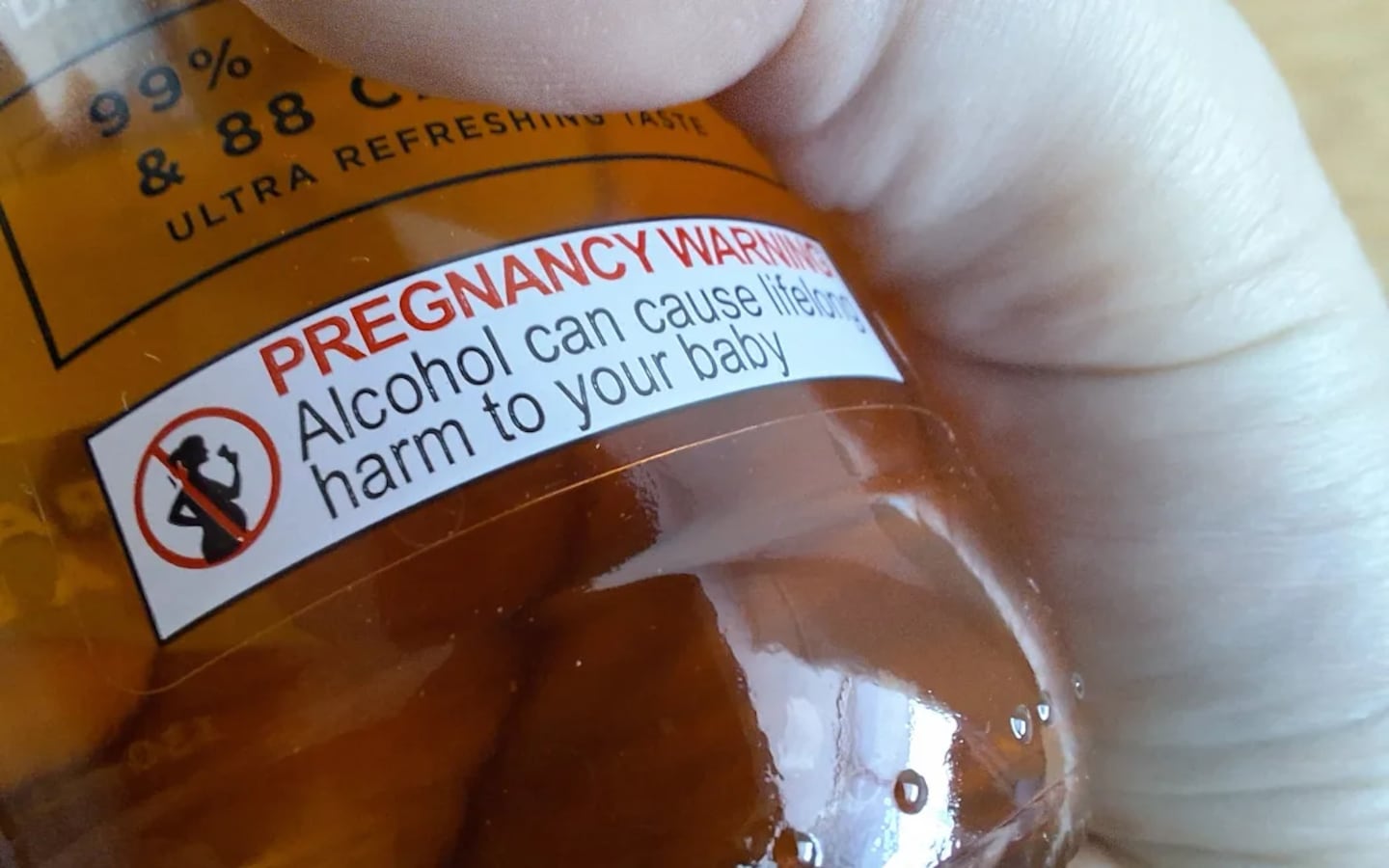This article was first published on RNZ.
The Health Ministry’s alcohol advisory group has been condemned by one of its own leaders, accusing it of diluting Māori voices and suggesting it be axed entirely.
Raawiri Ratuu, co-chair of the Ministry of Health’s Alcohol Harm Reduction steering group, was so angry at the ministry’s approach to Fetal Alcohol Spectrum Disorder (FASD) that he demanded the removal of a whakataukī he had gifted the ministry for a major report.
Ratuu wrote to Ross Bell, a senior manager with the ministry’s Public Health Agency and his co-chair on the group, expressing “strong concern and outrage” that a strategy to combat FASD had been weakened, in his view.
“I firmly believe that the voices of Māori, which should have been at the forefront of the draft, have been deliberately diluted,” he said.
“This change reinforces the troubling narrative that ‘less Māori is better’. This perspective is disappointing and poses significant risk to the urgent need to address FASD within our communities.”
Ratuu told Bell the Public Health Agency had “failed to act in good faith with Māori” and “seriously eroded” his trust in the process.
As a result, he demanded “the immediate removal” of a whakataukī he had gifted for use in the FASD action plan.
“Its presence can only be seen as tokenistic and I cannot and will not support its inclusion in any capacity,” he wrote, in a letter released to RNZ under the Official Information Act.
“Its presence not only undermines the genuine contributions of my people but also tramples on our mana.”

Related documents released to RNZ show Bell wrote to Deputy Director of Health Andrew Old, saying he planned to “push back hard” on the points Ratuu raised.
“My alcohol team is going back through previous feedback Raawiri has provided on the FASD plan. We were surprised by his letter, as all his other feedback (which we have documented) is fully supportive and extremely positive,” Bell wrote.
“We’ve maintained a constructive and robust relationship with [him] up to this point, so I’m disappointed he’s felt the need to raise these issues in this way.”
A Health Ministry community engagement report published alongside the action plan shows consultation with five groups, including two representing Māori interests.
Kookiri ki Taamakimakaurau Trust, where Ratuu is chief executive, held 12 hui and talked with 35 Māori whānau affected by FASD.
But Ratuu stood by his criticism of the ministry when contacted by RNZ, including his decision to withdraw the whakataukī.
“I said, ‘No, you take that out’,” he said.
“I’m not going to represent a document that’s fraudulent.
“That’s a word I’m using - pretty strong - but that’s how I was feeling at the time and that’s the reason why I asked for it to be removed.”
Ratuu said he had expected a more collaborative approach from the ministry and wanted Māori to have substantial influence over policies for reducing alcohol harm.
He was also concerned at the amount of influence he believed the alcohol industry had in developing policy.
RNZ has previously revealed that alcohol lobbyists have a quarterly meeting with health officials and are given drafts of key ministry strategies - including for FASD - and asked for their input.
“They have no part to play in an action plan to deal with alcohol harm,” Ratuu said.
“They’re the ones who sell the bloody stuff that’s causing all this and yet they have a say on what a plan looks like to reduce the harm. That makes no sense to me.”
Ratuu says the steering group, which he still co-chairs, was set up last year with initial enthusiasm and good intentions but has since been sidelined.
“This lack of engagement has left me questioning the group’s continued existence,” he wrote to Bell, in a letter dated March this year.
Ratuu was also critical of health officials who, he said, had shut out community representation in its approach to reducing alcohol harm.
“This dismissive stance reflects a status of privilege and entitlement, overlooking the valuable insights and experiences of those directly affected by these issues.”
In a statement to RNZ, Andrew Old said Ratuu played a vital role in the steering group and provided “valuable guidance” on FASD.
“He continues to serve as co-chair and is playing a key role in steering the implementation of the plan. We value his passion for reducing FASD harm within communities, whānau and for people living with FASD.”
Developing the FASD action plan included dealing with “challenging feedback” and the ministry had worked closely with Ratuu to ensure Māori voices were heard, Old said.
Māori priorities for the FASD programme would be agreed by the end of the year and would include a $1 million programme to be delivered in four high-needs communities, he said.
In the documents released to RNZ, and the action plan itself, the ministry said Māori are “more impacted by FASD due to higher rates of alcohol consumption during pregnancy”.
FASD, estimated to affect up to 3000 New Zealand babies a year, is a leading cause of preventable intellectual and neurodevelopmental disability and can have devastating impacts.
The action plan says that 50 percent of young people in Oranga Tamariki’s care are affected by FASD and that young people with the condition are up to 19 times more likely to go to prison than those without FASD.
By Guyon Espiner of RNZ.



